Your Cart is Empty
Subscribe & Save 20% on All Products!
Subscribe & Save 20% on All Products!
Subscribe & Save 20% on All Products!
5 min read 2 Comments
Though the famed “plant of immortality” has been used for wellness purposes throughout the world for several thousand years, it itself is not immortal.
Yes, Aloe Vera does expire. Like any other plant or organic matter, it does go bad after a certain amount of time. The specific shelf life depends on what form of Aloe Vera you are using, from gel & lotion to juices, extracts, raw leaves, and more.
The benefits of Aloe Vera range from its topical application for skin and supporting natural deep moisturizing and soothing to helping maintain good digestive health and supporting the immune system.
Aloe Vera also contains over 200 nutrients and 75 potentially active constituents and compounds - vitamins, enzymes, minerals, sugars, lignin, saponins, salicylic acids and amino acids - that our body needs. Aloe is a great thing to keep on hand, nonetheless common forms of Aloe Vera and Aloe Vera products have expiration dates.
The type of Aloe you use will determine how long you'll be able to keep it in storage before the beneficial ingredients become inactive.
Raw Aloe Vera is freshly cut from a live Aloe Vera plant. It is not pasteurized, or heat processed and therefore does not have a very long shelf life. Like a tomato, once diced and sliced, what is not used needs to be refrigerated. Aloe Vera can also be frozen until needed to help keep the ingredients active, however the freezing process does break down the cellulose structure of the plant, so once it is thawed, it needs to be used immediately. Refrigerated Aloe should be consumed within a week. If you are not going to use it within that time, it is okay to freeze the gel or even make Aloe Vera ice cubes. So all those who have the question: Does aloe vera expire in the fridge? Yes, it does. Just make sure that you read the ways to safely consume aloe vera.
24 hours (room temperature), 5-7 days (refrigerated), or 1-2 weeks (frozen)
If purchased from a store, carefully processed Aloe Vera products usually contain preservatives to help keep the beneficial ingredients active for an extended period of time, depending on the label, from a few weeks to several years. Whether Aloe Vera gel, juice or extract, or capsules, here is a guide for the expected shelf life of each:
When properly stored per the label’s instructions, Aloe Vera gel has a normal expiration date of two to three years. It isn’t necessary to keep refrigerated but stored in a cool, dry place free of natural sunlight is a good idea. To keep gel from drying out, the lid should be tightened after use and hands should be cleaned prior to use in order to avoid contaminating the gel with outside microbes if it is an open container or tub (vs. a tube or pump bottle). If you bring the gel outside to the beach or park, do not leave it in direct sunlight. Keep it in your backpack or beach bag to prevent the gel from drying out. If the gel dries out, it loses its active ingredients and will no longer be effective when used.
2-3 years (room temperature), or 5+ years (frozen or refrigerated)
We highly recommend Pure Aloe Vera Gels from our sister company, ALODERMA, which are available in easy to use 1.5 Ounce Tubes, and 4.0 Ounce Tubes as well a recently introduced 10.5 Ounce Pump Bottle. In addition, ALODERMA also offers an extremely popular 7.0 Ounce Pure Aloe Vera Jar.
JUICE OR EXTRACT
The names are often used synonymously because Aloe Vera juice is extracted from the inner gel of the plant. In either case, if you are purchasing Aloe Vera water, juice, or extract from the refrigerated section of a grocery store, then it’s common sense that it, like any refrigerated product purchased, should be kept refrigerated when you get home. If not refrigerated when purchased, labeling should indicate the expiration date. Once opened, all juice should be refrigerated and the juice can last from a couple days to several weeks, depending on the preservatives. If you are applying topically, we would highly recommend ALODERMA's 8.5 Ounce Fresh Aloe Skin Hydrator. If you are looking to consume Juice for digestive support, it is hard to go wrong with AloeCure's USDA Organic Pure Aloe Vera Juice, which is available in Natural Flavor and a newly releasedLemon Flavor.
1-3 years (unopened), or 2-4 weeks (refrigerated after opening)
CAPSULES
Aloe Vera capsules should be stored in a cool, dry place out of direct light to ensure long life. The bio-active ingredients in the capsules can last for five years from the manufacturing date with proper storage. However, if stored in excessive heat or high humidity for long periods of time, or stored in a refrigerator or freezer, the capsules will begin to lose their properties.
2+ years (There is no need to refrigerate)
How to Extend the Shelf Life of Aloe Vera?
> The Aloe leaf turns dark or turns color
> Begins to smell “off”
> Lose its moisture and hydration
> Signs of mold appear
> As most of the products do not show any color or smell change, refer to the expiry date given on the packaging of the product. When in doubt, use common sense and error on the side of caution.
It depends, however we would recommend that you do not use products past their expiration date and you certainly shouldn’t use products or raw Aloe if it shows signs of spoilage. Spoiled Aloe Vera could cause severe stomach issues if ingested and skin irritation if applied to the skin depending on the form of bacteria or mold that has contaminated the product. Expired and spoiled fresh Aloe Vera and Aloe Vera products should be discarded.
October 20, 2021
dont know how many years I have had my fruit of the earth aloe vera bottle of gel why is there no experation date on the bottle
Comments will be approved before showing up.
11 min read
Discover how aloe vera juice for gut health can support digestion, and balance daily routines - learn to pick a quality product.
14 min read
14 min read
natural support for gut health: discover foods, habits, and high-quality supplements that support digestion and overall well-being.
Instantly get a coupon and enroll for newest wellness trends

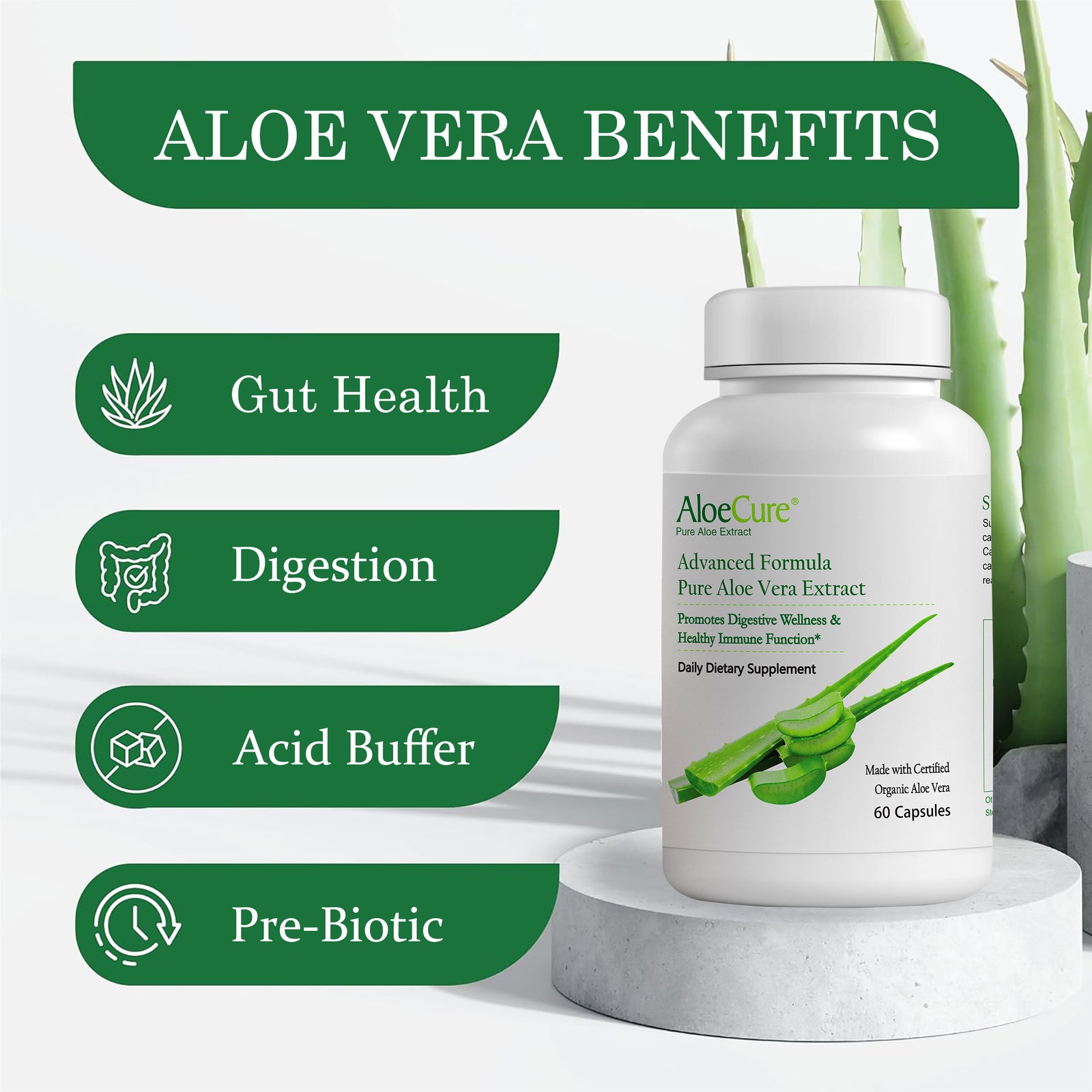
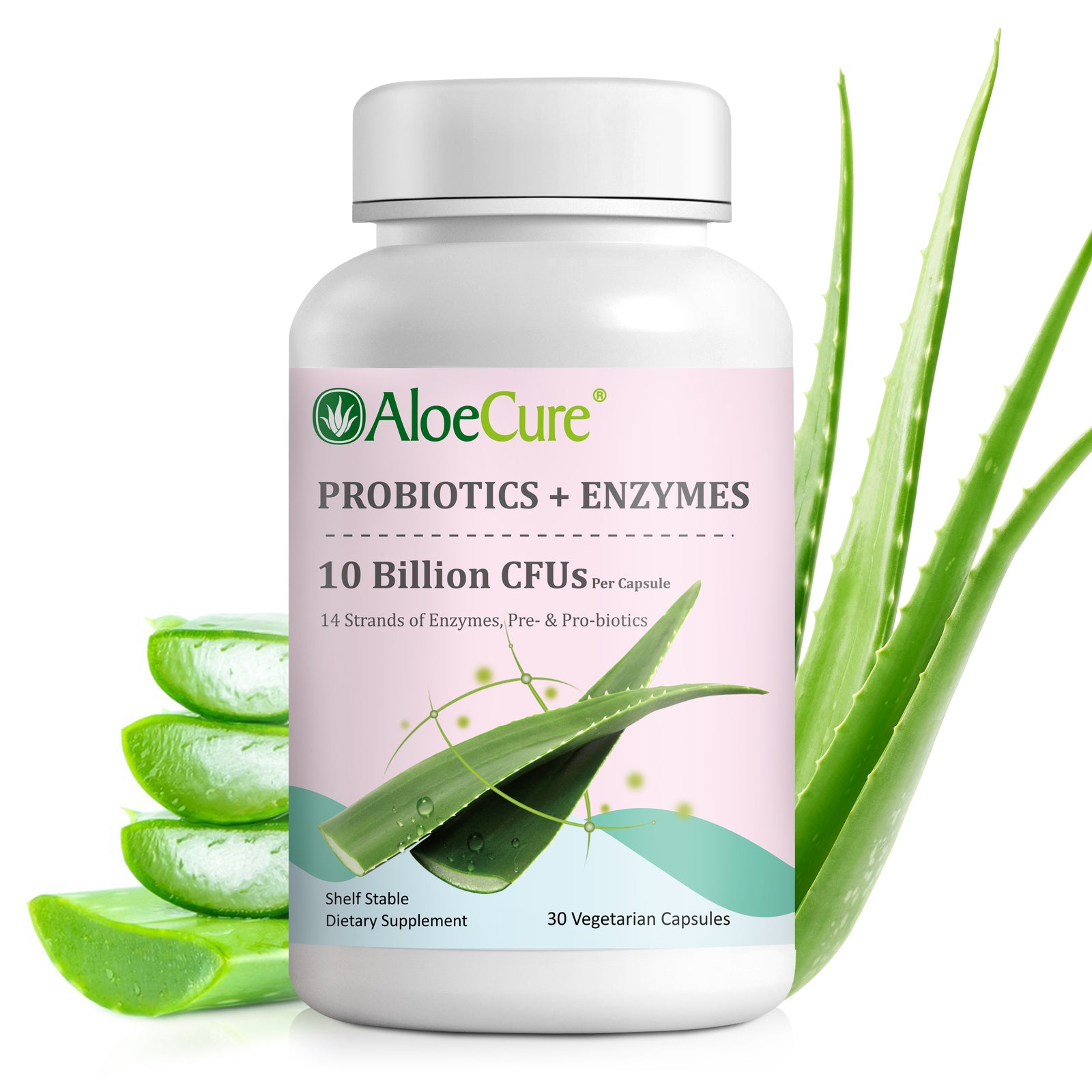
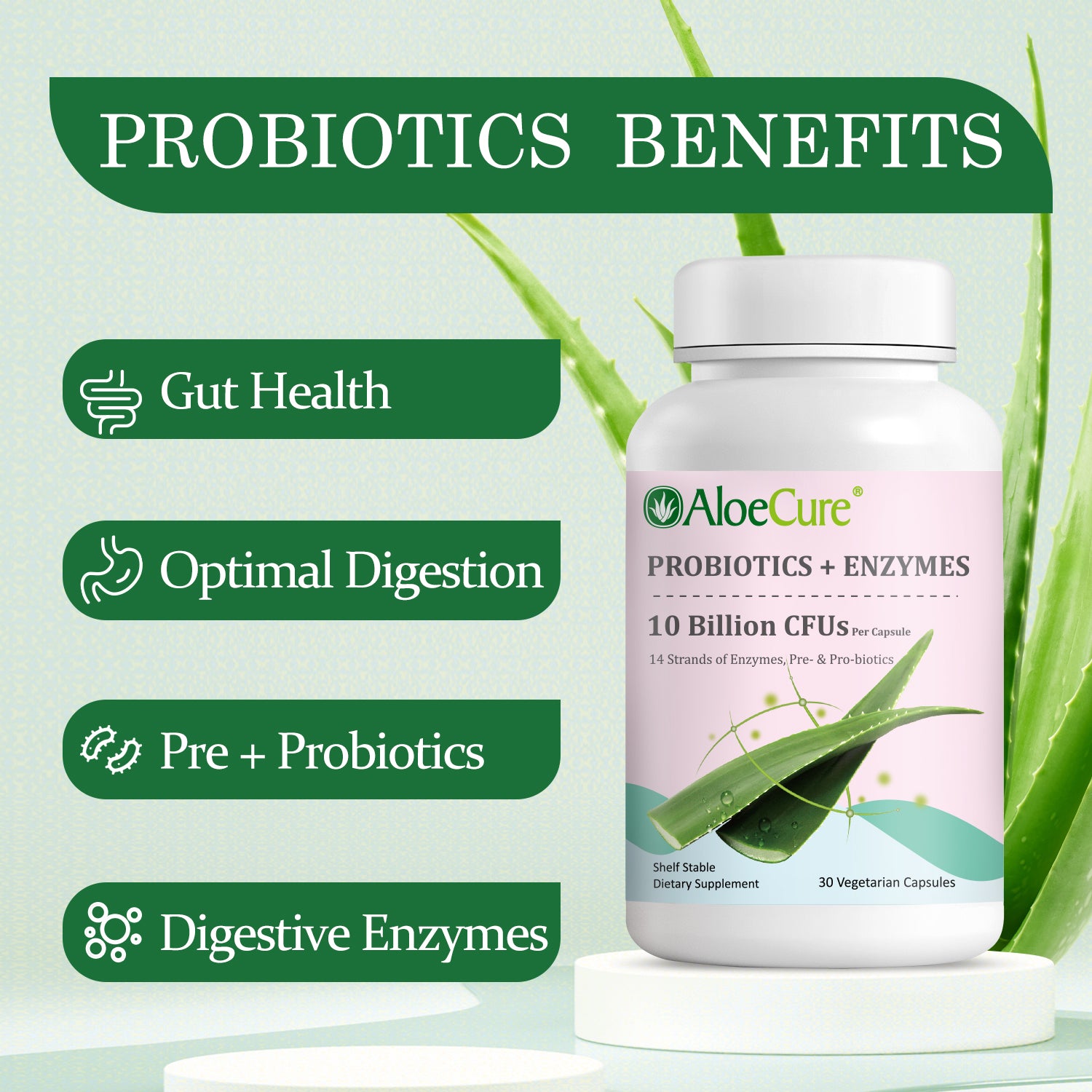



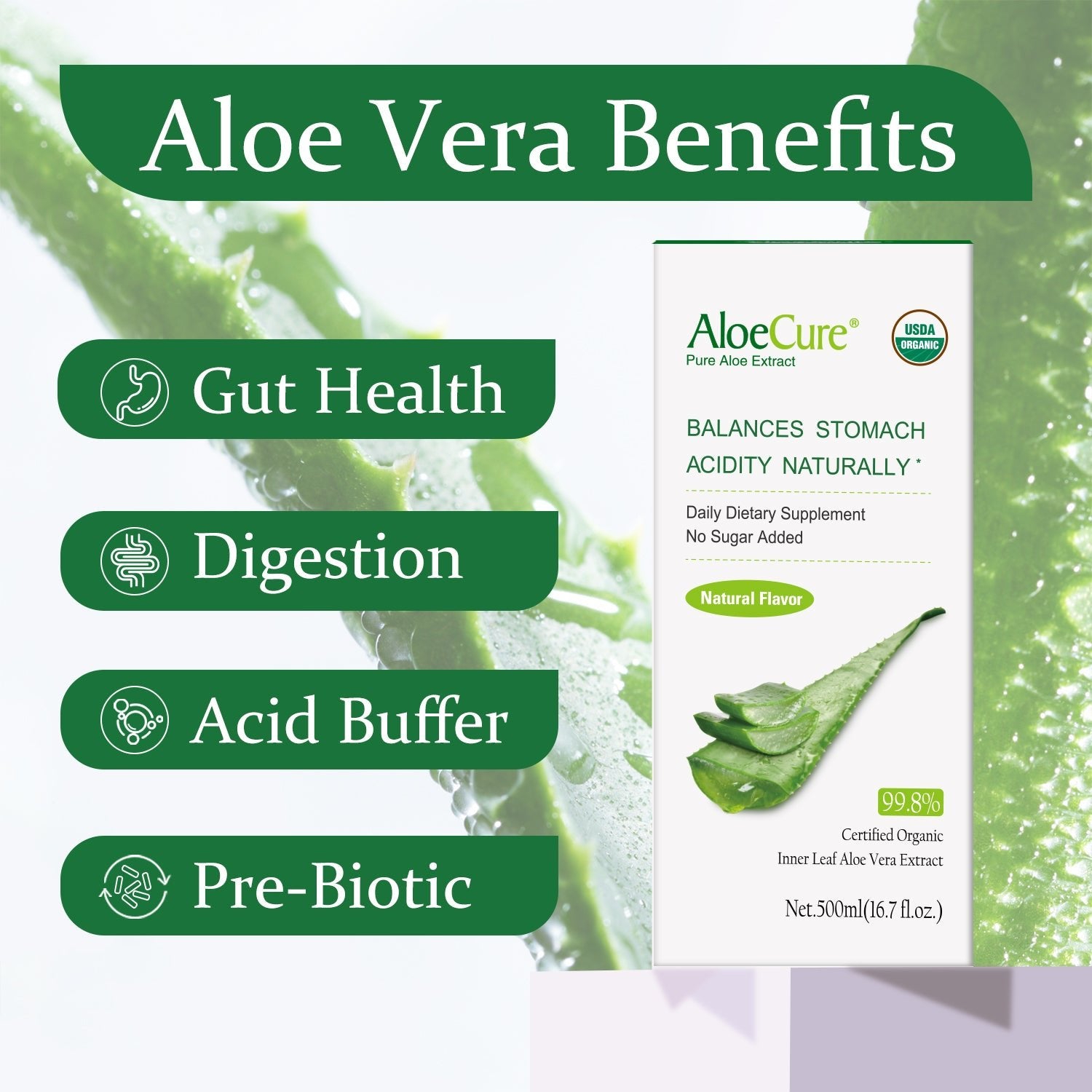

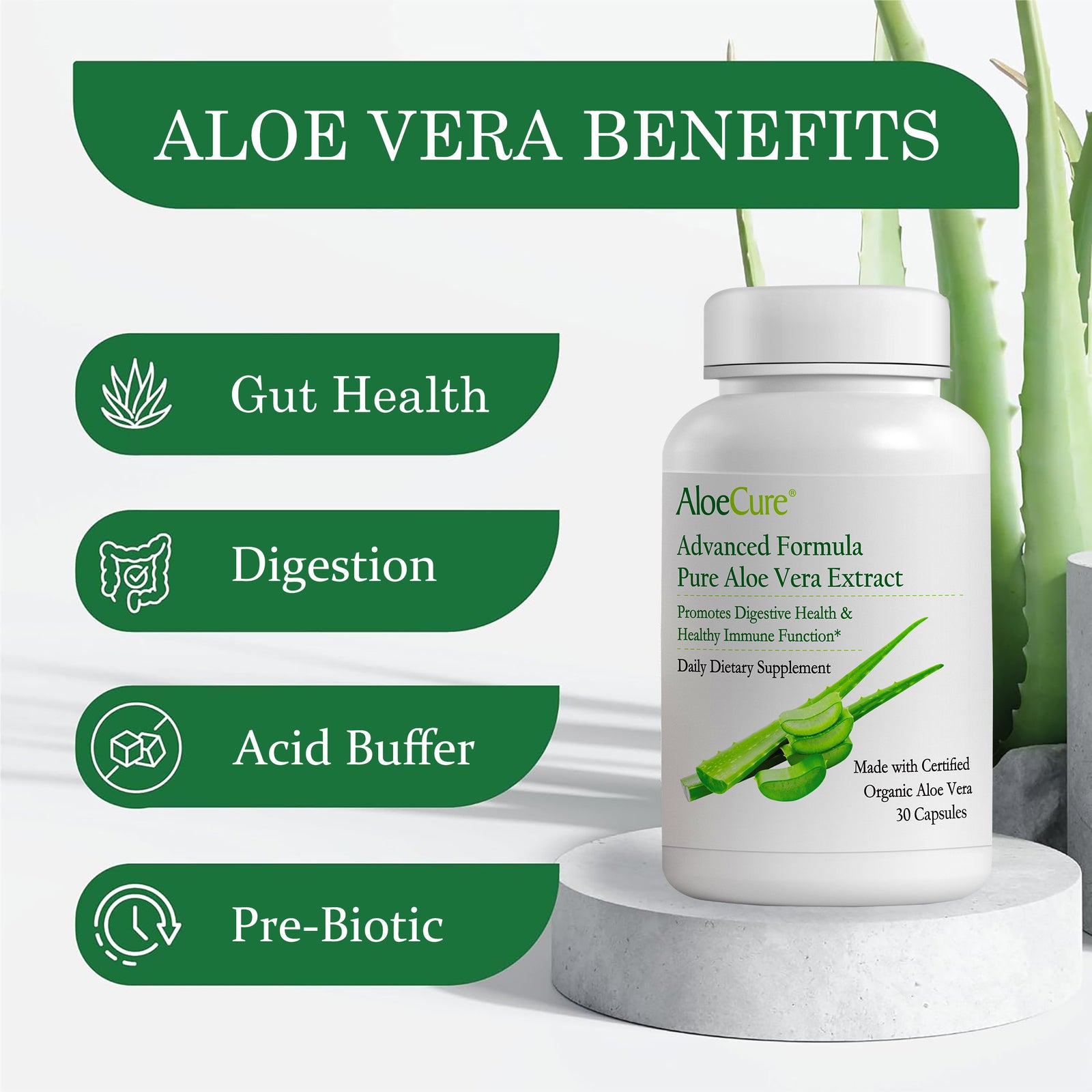



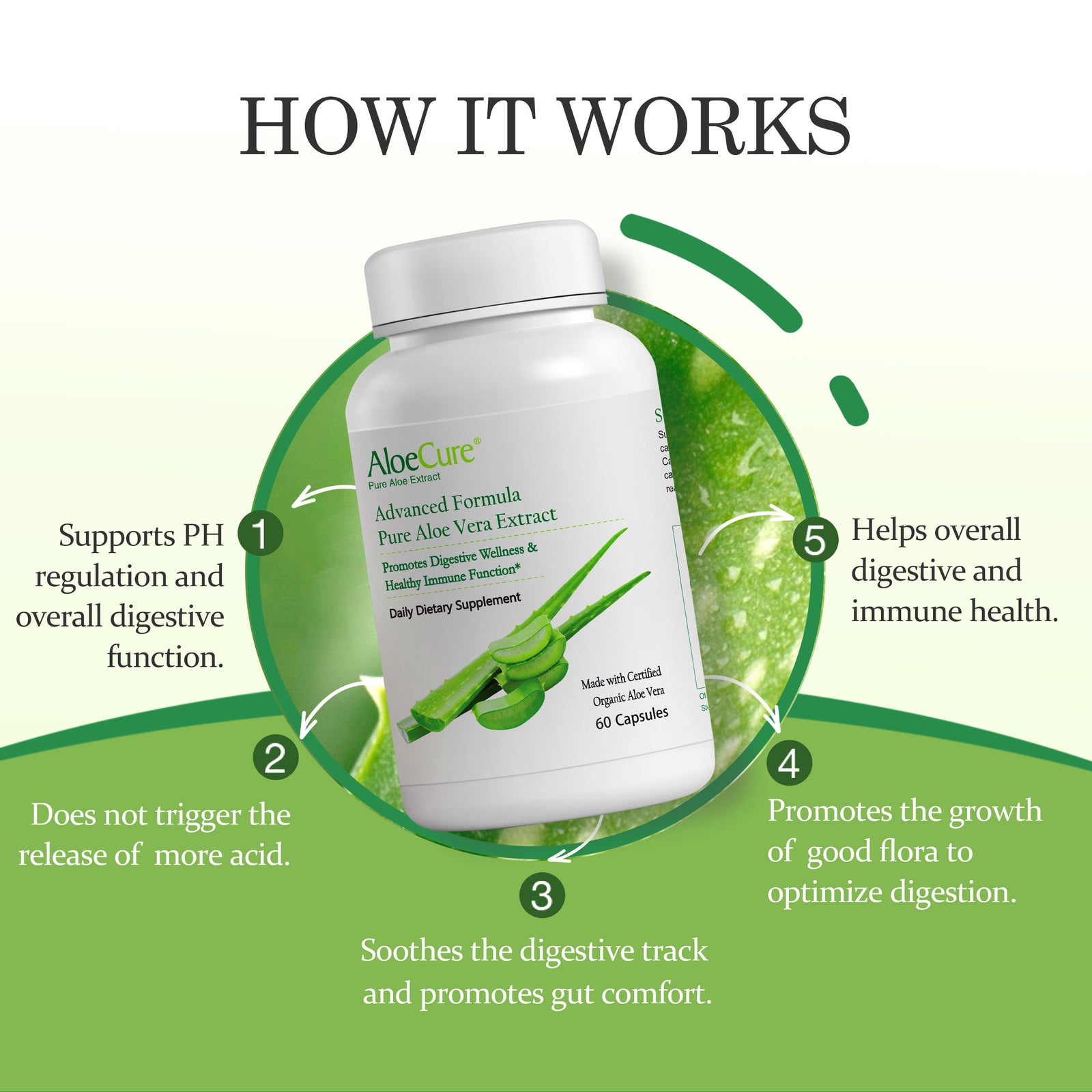
Pamela
May 25, 2023
I have unopened aloe Vera juice sitting on the shelf and noticed it expired two months ago. Can I still use it? How do you know if it’s bad?
Thank you